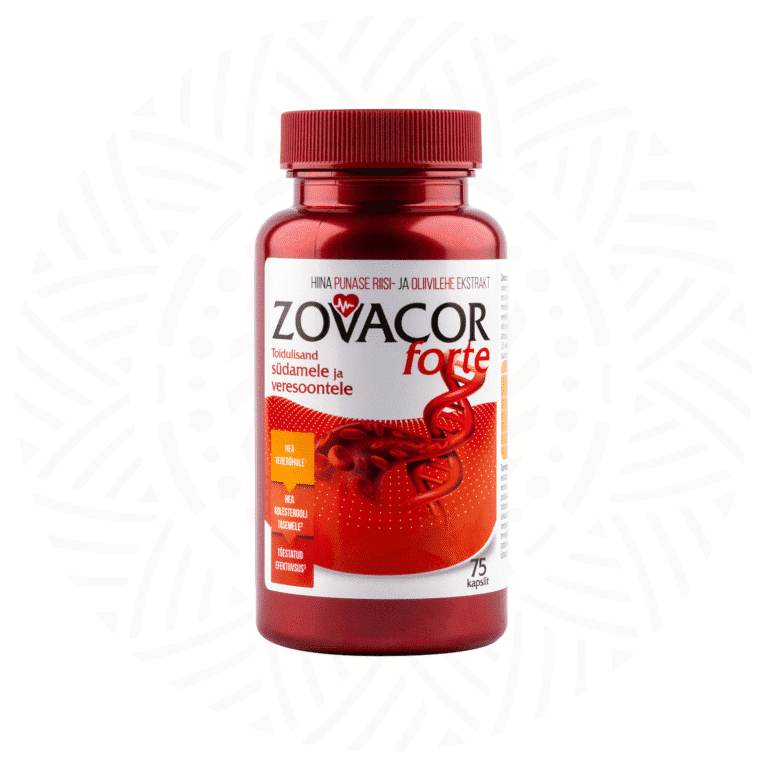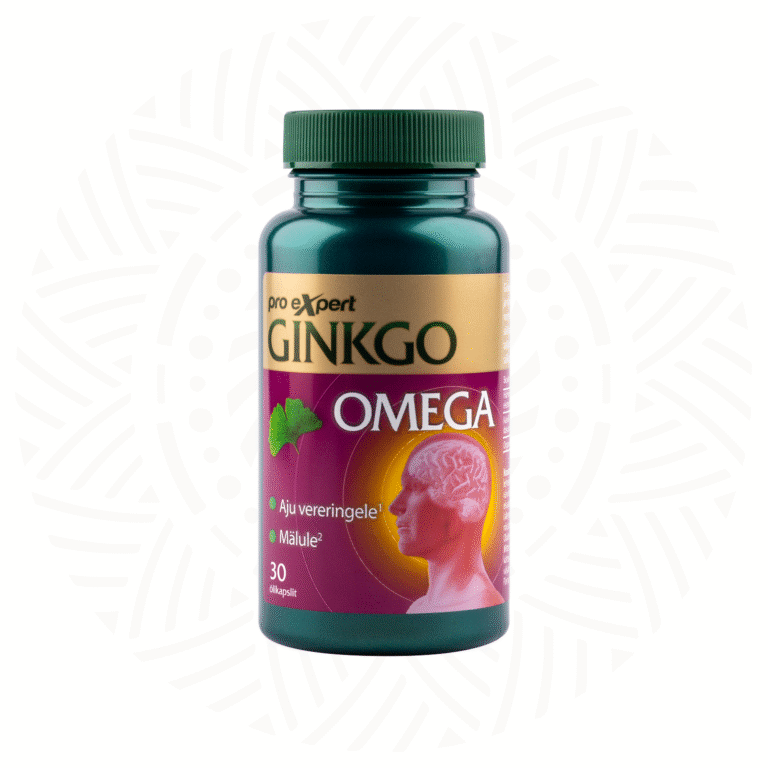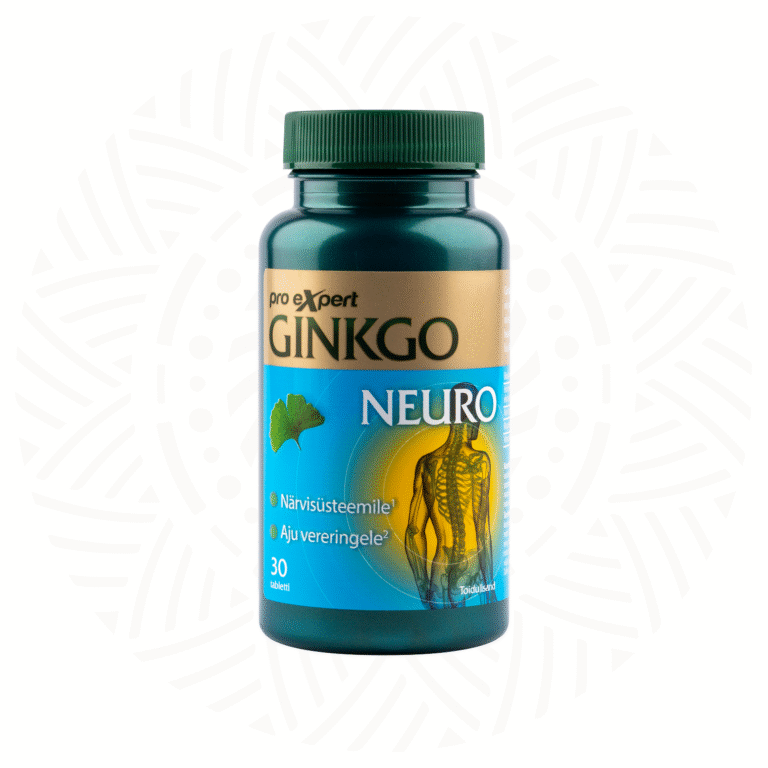Our eyes play a significant role in our lives. Through them, we receive nearly 90% of the information about our surroundings, allowing us to experience the beauty and colors of the world. That’s why it is essential to keep our eyes healthy and protect them from harmful influences, even if we don’t yet experience any problems.
In modern life, it has become normal to spend hours looking at screens and digital devices, which increases eye strain and vision-related issues. Here are some essential tips on how to maintain eye health.
How to Take Care of Your Eye Health?
Good eye health is crucial as it affects our ability to see and read. To protect your vision, it is important to follow a healthy lifestyle and avoid harmful factors.
Nutrition plays a vital role in maintaining eye health. A balanced diet rich in vitamins, minerals, and antioxidants helps protect the eyes from damage and improve vision.
- Wear sunglasses to protect your eyes from harmful UV rays
- Limit screen time
- Eat a healthy diet
- Stay hydrated
- Reduce the duration of contact lens use
- Avoid smoking
- Limit alcohol consumption
- Get enough sleep
- Visit an eye doctor regularly
How Common Is Dry Eye Syndrome?
Dry eye syndrome is one of the most common reasons for visiting an eye doctor. It causes significant discomfort, as the eyes lose the ability to produce sufficient natural tears.
What Are the Symptoms of Dry Eye Syndrome?
Dry eye syndrome significantly impacts a person’s quality of life. Common symptoms include:
- Burning, itching, and stinging
- Redness
- Eye fatigue
- Eye irritation
- Feeling of dryness or grit in the eyes
- Excessive tearing
- Blurred vision
- Light sensitivity
- Eye pain
What Causes Dry Eye Syndrome?
Dry eye syndrome is caused by an insufficient amount of tear fluid, an imbalance in tear composition, or excessive evaporation.
It is especially common among individuals who spend long hours in front of computer screens or smartphones. Reduced blinking leads to less moisture on the eyes, causing fatigue, irritation, and other symptoms.
Dry air, particularly in summer due to air conditioning and in winter due to heating systems, can also be a major factor. Daily and nighttime driving, prolonged reading and writing, and wearing contact lenses can also strain the eyes.
Symptoms often appear in the evening, but in some cases, dry eyes may manifest as swollen eyelids or eye discharge in the morning.
Other causes of dry eyes include:
- Bright light exposure
- Inadequate water intake
- Certain medications – birth control pills, antidepressants, decongestants, heart and blood pressure medications, preservatives in eye drops
- Specific health conditions – rheumatic diseases, endocrine disorders (diabetes), cancer
- Pregnancy and breastfeeding
- Hormonal changes during menopause
- Aging
- Stress and fatigue
- Long-haul flights
- Excessive alcohol consumption
- Smoking
What Happens If Dry Eyes Are Left Untreated?
With dry eye syndrome, the eyes constantly lack moisture, reducing their protective barrier. If left untreated, dry eyes can lead to frequent infections, including keratitis. Keratitis can, in turn, cause corneal ulcers, which may damage vision.
Dry eyes and headaches often go hand in hand, as discomfort and eye strain can trigger or worsen migraines.
How Is Dry Eye Syndrome Treated?
While dry eye symptoms can be relieved, the condition itself cannot be entirely cured. The first step is identifying the underlying cause.
One of the most common solutions is using moisturizing eye drops, also known as artificial tears. These help retain moisture on the eye’s surface, reducing dryness, redness, and irritation.
However, it is essential to understand that eye drops alone are not a complete solution. For effective and long-lasting results, the eyes need essential nutrients provided by eye vitamins.
A well-balanced diet rich in Omega-3 fatty acids, antioxidants (especially from blueberries), zinc, lutein, and zeaxanthin is crucial for eye health.
Dry Eyes and Eye Vitamins
Eye vitamins are an excellent way to support and strengthen vision. They are beneficial for people of all ages, not just older adults experiencing age-related vision problems.
In today’s digital world, where excessive screen time strains the eyes, eye vitamins effectively relieve fatigue and dryness and provide significant benefits for various eye conditions, including dry eye syndrome.
Since many different eye vitamins are available, choosing the right ones based on individual needs is essential.
Lutein and Zeaxanthin Protect Eyes from Sunlight
Eye vitamins containing lutein and zeaxanthin are highly effective in shielding the eyes from UV radiation, oxidative stress, and other harmful factors.
Lutein and zeaxanthin are natural carotenoids found in the retina. They act as natural sunglasses, filtering harmful blue and ultraviolet light.
These carotenoids also protect against oxidative stress, which is caused by free radicals (from smoking, chronic diseases, etc.) and can lead to eye conditions such as age-related macular degeneration and cataracts.
Lutein and zeaxanthin are present in foods like leafy greens, corn, carrots, pumpkin, and egg yolks. If you do not get enough from your diet, consider taking eye vitamins that contain these essential nutrients.
Blueberries Support Good Eye Health
Blueberries have long been recognized for their benefits to eye health. Rich in antioxidants, vitamins, and minerals, they help protect against eye fatigue, dryness, and redness while improving vision.
Blueberries are particularly high in anthocyanins, potent antioxidants that protect the retina. Additionally, they promote collagen formation in the eyes and enhance vascular health. Good vascular health is essential for the eyes, as the retina contains numerous small blood vessels.
Zinc Helps Improve Vision
Zinc is essential for eye health, as it helps the body absorb vitamin A and supports the production of melanin, a pigment that protects the eyes from UV radiation.
Zinc is also found in the retina, where it maintains eye health, improves night vision, and helps prevent macular degeneration. Therefore, zinc plays a critical role in maintaining sharp vision.
Since the body does not produce zinc naturally, high-quality eye vitamins often contain this vital mineral to support long-term eye health.
Best Dietary Sources of Zinc:
- Beef, lamb, poultry, and fish
- Eggs
- Seafood, such as shrimp
- Nuts and seeds
Ginkgo Biloba Supports Eye Circulation
Ginkgo biloba is an ancient tree that has been used in traditional medicine for centuries. Today, Ginkgo biloba, also known as the maidenhair tree, is a popular supplement used for various health benefits, including improving eye health.
Ginkgo biloba effectively enhances blood circulation in the eyes, helping to reduce eye fatigue and improve vision. Good vascular health is essential for eye function, as the retina contains numerous tiny blood vessels.
Use eye vitamins wisely and keep your eyes hydrated!







